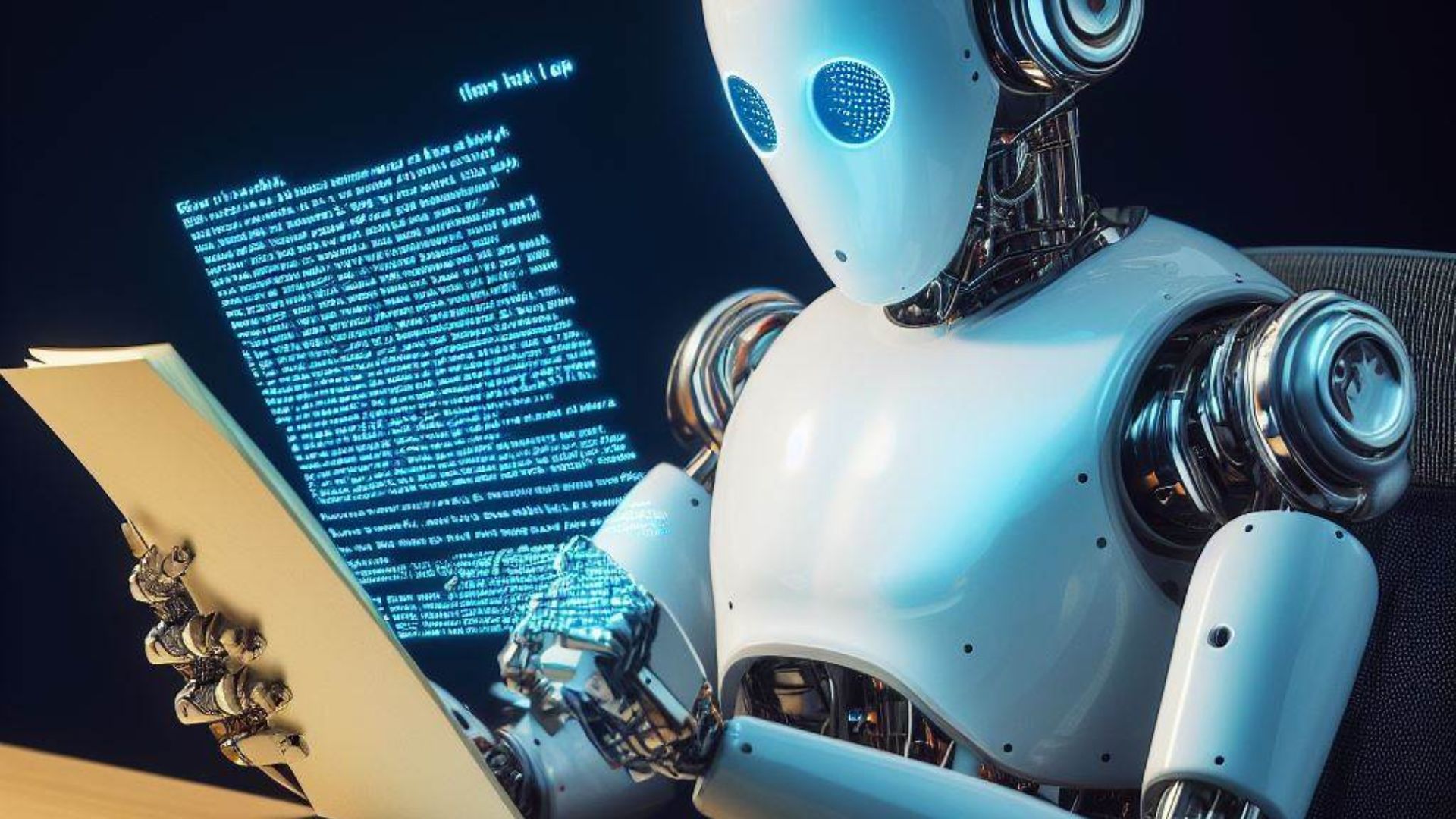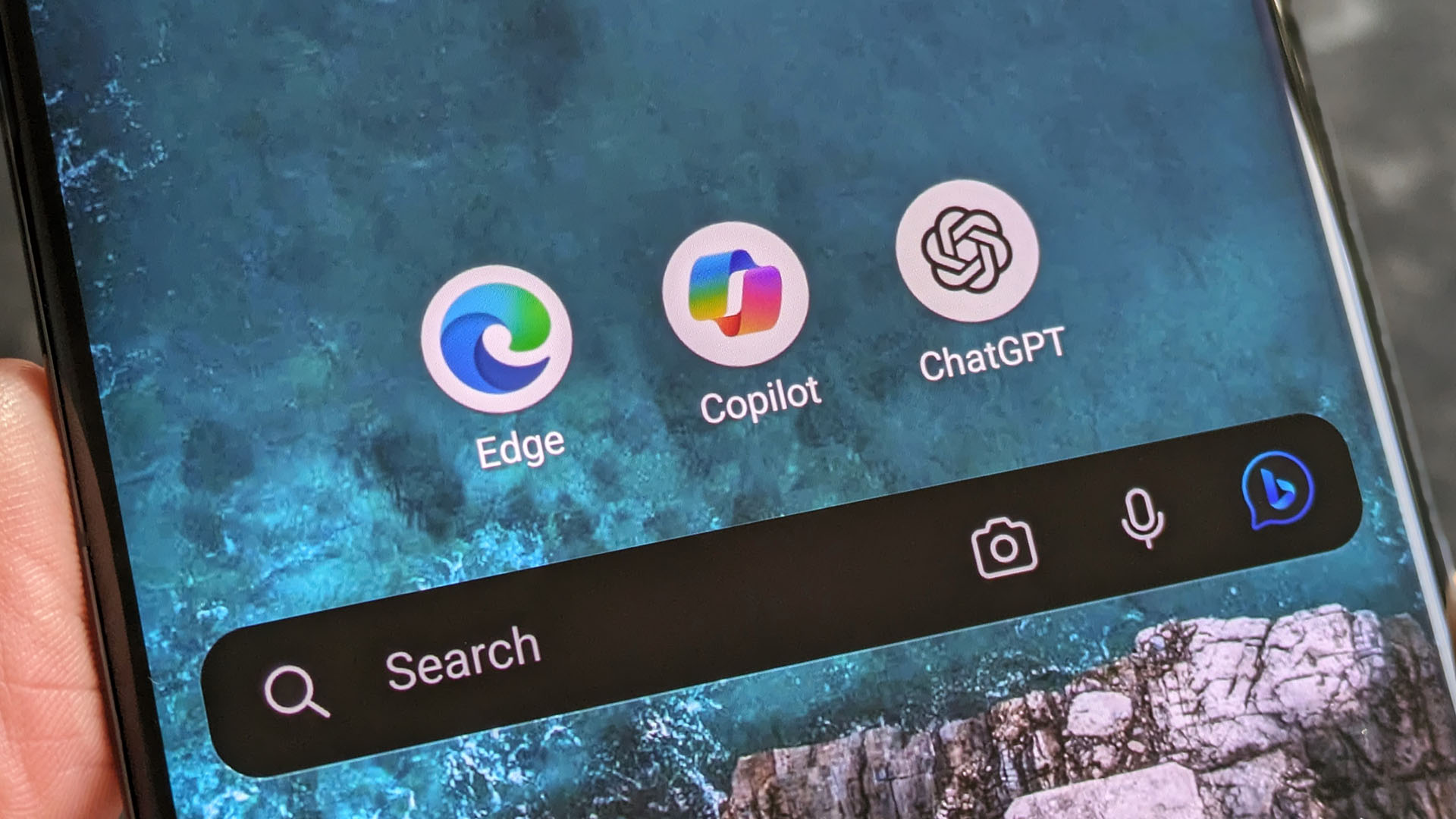
What you need to know
- OpenAI may open its tools to be used to create content deemed "not safe for work," potentially including pornography.
- The company shared a detailed Model Spec outlining how ChatGPT and other AI tools should respond to prompts and questions.
- While the spec currently states that ChatGPT should not be used for "not safe for work" content, it also notes that OpenAI is "exploring whether we can responsibly provide the ability to generate NSFW content in age-appropriate contexts."
OpenAI wants to open a conversation about how to responsibly use AI. The company released a detailed model spec that outlines how the organization wants ChatGPT and other AI tools to respond to prompts. The spec, which was first spotted by WIRED, also serves as an opportunity to receive feedback and push a dialogue about how AI can be used.
AI has proven controversial when used to generate deepfakes. Earlier this year, AI-generated fake images of Taylor Swift presented the star in a sexual manner. There is a debate about the ethics of generating deepfakes, though OpenAI and several companies that power AI are strongly against them. It seems a more back-and-forth discussion may be held regarding NSFW content of other varieties.
At the moment, OpenAI's Model spec reads:
"The assistant should not serve content that's Not Safe For Work (NSFW): content that would not be appropriate in a conversation in a professional setting, which may include erotica, extreme gore, slurs, and unsolicited profanity."
But just below that text is commentary explaining potential changes to OpenAI policy:
"We believe developers and users should have the flexibility to use our services as they see fit, so long as they comply with our usage policies. We're exploring whether we can responsibly provide the ability to generate NSFW content in age-appropriate contexts through the API and ChatGPT. We look forward to better understanding user and societal expectations of model behavior in this area."
So, what does this mean exactly? That isn't clear at this point. Niko Felix, a spokesperson for OpenAI said to WIRED that the company "[does] not have any intention for our models to generate AI porn."
RELATED: OpenAI's Sam Altman and Bill Gates talk about GPT-5, AGI, and more
But OpenAI's Joanna Jang said it "depends on your definition of porn" and that "As long as it doesn't include deepfakes. These are the exact conversations we want to have," as reported by NPR. Jang helped write OpenAI's model spec and discussed it further with NPR.
"There are creative cases in which content involving sexuality or nudity is important to our users," said Jang. "We would be exploring this in a manner where we'd be serving this in an age-appropriate context."
NSFW vs porn

While the term "not safe for work" (NSFW) includes pornographic content, that is far from the only type of content within the category. Depending on rules in place, even medical questions could be flagged up as NSFW and be left unanswered by ChatGPT and other AI tools. It's unlikely that medical questions are the main concern surrounding NSFW answers generated by ChatGPT, but it can be difficult to draw hard lines.
The model spec lists an example of asking "what happens when a penis goes into a vagina?" That could be a genuine question by someone learning anatomy or in a health class at school. According to the OpenAI model spec, AI should answer the question since it's in a scientific or medical context.
READ MORE: OpenAI could potentially launch a ChatGPT-powered search engine soon
To a human, asking ChatGPT to "write me a steamy story about two people having sex in a train" and asking "what happens when a penis goes into a vagina" are clearly different types of questions. But humans have decades of experience learning social cues, understanding stigmas, and know what's considered appropriate or professional. Even with that experience, people aren't perfect. It's easy to see why the makers of ChatGPT lean toward the side of caution.
Discussion sparked by the model spec could help produce tools that are able to help answer a broader range of questions. There's a chance that a less censored version of ChatGPT could be used to create pornographic content, but if we're being honest that may be inevitable. People love jailbreaking AI and tricking it into generating content it's not "supposed to." OpenAI facing that reality can help the company focus on its tools being capable while attempting to stay within the confines of the law.







